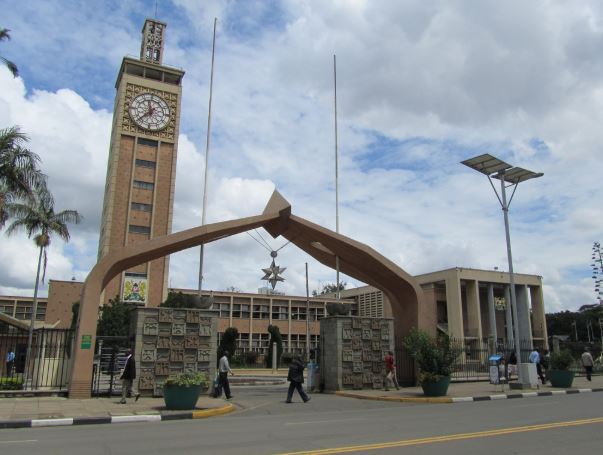×
The Standard e-Paper
Fearless, Trusted News

Treasury mandarins, Central Bank of Kenya (CBK) officials, bankers and economists will this week all train their eyes on Parliament as law-makers debate interest rate capping on loans.
Analysts say MPs may not remove the capping since most of them have accumulated loans.